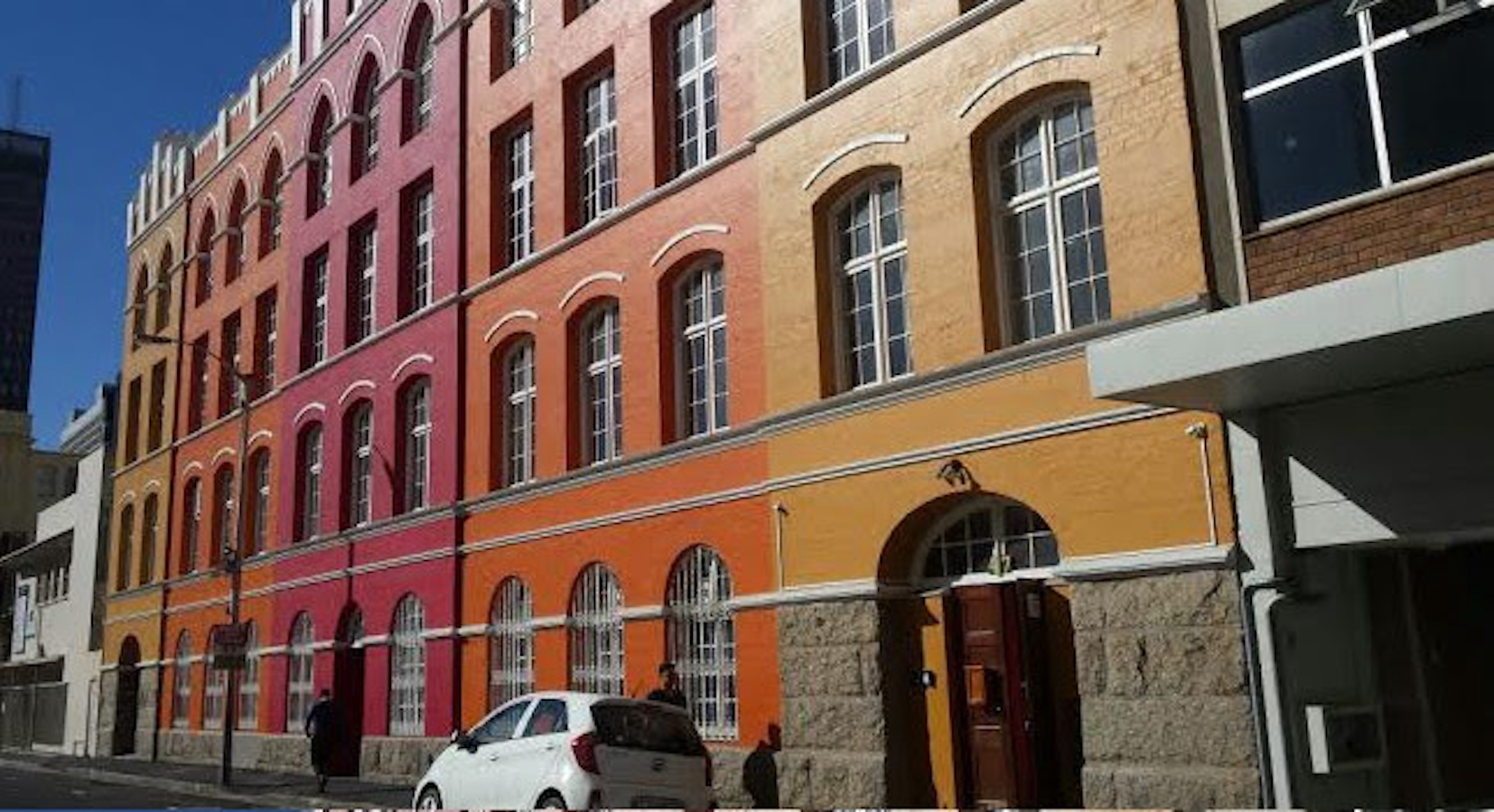Immigration rights activists have welcomed a Western Cape Division of the High Court ruling on Friday prohibiting Home Affairs officials from deporting any foreign national who has indicated their intention to apply for asylum under the Refugee Act in South Africa.
“Asylum seekers should try to apply for asylum and produce any proof of their efforts to apply. It is hoped that new asylum applicants will not be arrested, but ultimately the court order requires a halting of deportations but does not go as far as interdicting arrests,” said James Chapman of the Scalabrini Centre, which brought the case.
The centre sought interim relief pending the outcome of the second part of the court application challenging the constitutional validity of certain provisions of the act, which is set to be heard on 27 February 2025.
The minister of Home Affairs, the department’s director-general, chief director of Asylum Seeker Management, and the Standing Committee for Refugee Affairs were listed as respondents in the matter.
Not regulated by law
In its affidavit, Scalabrini had explained that asylum seekers who wished to apply for asylum must first obtain an appointment slip to do so. This process was not regulated by law, Chapman told the court in papers, and required the asylum seeker to return in six to eight months to the Refugee Reception Office.
During this time they may be arrested.
When the asylum seeker did return, the first interview was held by immigration officers and the merits of the asylum seeker’s claim were not even considered; questions were limited to procedure.
Acting Judge Brendan Manca, summarising the application, said: “The Scalabrini (Centre) submits that the effect of the challenged provisions is that almost all new asylum seekers attending on Refugee Reception Offices are refused the right to apply for asylum, and are either arrested for deportation or are ordered to depart South Africa. Almost no new asylum applicants are, in fact, attending on Refugee Reception Offices, since they have become aware that such attendance amounts, in practice, to being expelled from South Africa.”
The judge granted the interim interdict.
Chapman told GroundUp that this meant that anyone who had been or was in custody who had indicated the intent to apply for asylum, according to the interim relief granted, could not be deported.
“We would hope and call for the release of such individuals so they may approach refugee reception offices to apply for asylum,” Chapman said.
Interdict welcomed
Following the ruling, asylum seeker Tonderai Chirwa told GroundUp: “My life has been hanging in thin air because of the recent countrywide wave of arrests carried out by both immigration officers and the South African Police Service.”
Chirwa moved to Gqeberha from Zimbabwe with his wife three years ago and has yet to successfully complete the application process for asylum. He currently works as a tree feller and bee catcher in Greenbushes. He said he visited the Gqeberha offices several times to apply and was turned away without being helped.
The chairperson of the Zimbabwe Migrants Support Network, Chris Mapingure, also welcomed the interim order.
“We are glad that no one can be deported when they have an interest in seeking an asylum permit. We therefore encourage Home Affairs to adhere to the order.”
Mapingure urged asylum seekers to get affidavits from the police, human rights lawyers, churches and non-profit organisations confirming that they wanted to seek asylum in the country.
The chairperson of the Somali Community in the Eastern Cape, Nasir Moalin, said: “We’re absolutely pleased with the outcome. While (human rights lawyers) have successfully challenged home affairs, I believe there are lots of things that asylum seekers and refugees are not getting or are being denied access to. We need their support to challenge that.”
Chapman said that their next step in the court would be to challenge the constitutionality of the provisions debarring access to new asylum applicants, as well as the validity of certain sections of the act. DM
First published by GroundUp.




